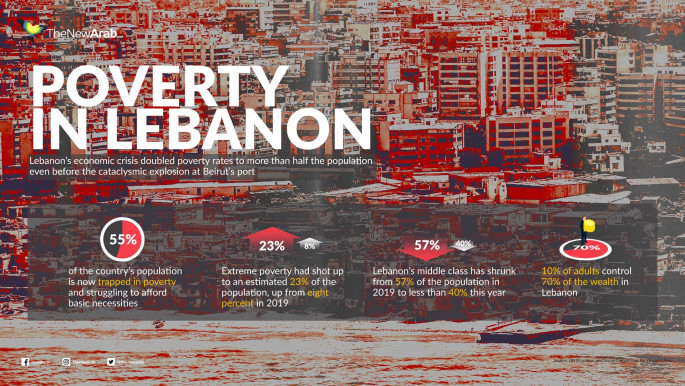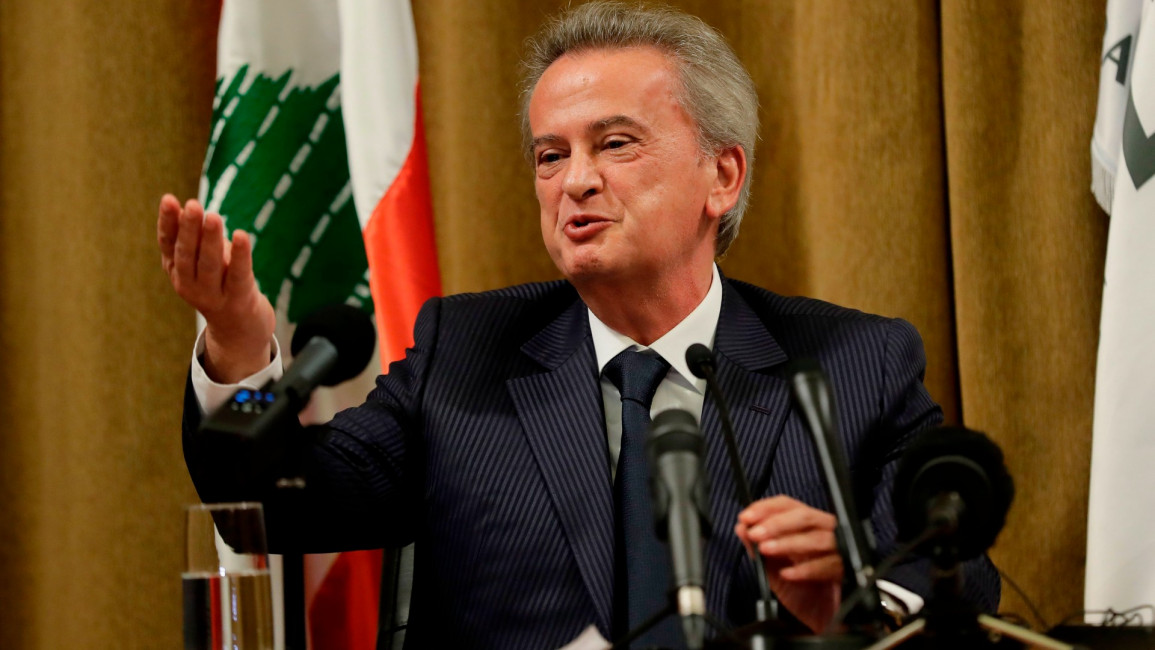Lebanese central bank governor refuses to appear before court, in blow to anti-corruption efforts
Lebanon central bank chief Riad Salameh refused to appear before court as part of an investigation into how Central Bank dollars ended up in the black market.
Salameh, who has held his position of Central Bank head since 1993, was summoned to a court hearing set for Thursday, but refused to attend.
He was scheduled to meet Mount Lebanon Prosecutor, Judge Ghada Aoun, to be questioned on how central bank dollars, meant to subsidise essential imports, instead found their way into the Lebanese black market, trading for a much higher prices.
Instead, Salameh was represented by his legal representative with a letter claiming that he was willing to attend in person but could not for security reasons.
Protesters accuse him of having encouraged state borrowing over the decades that they say benefited only the banks and political elite.
Anger against banks has risen in recent months, after they banned all transfers abroad and gradually restricted dollar withdrawals, forcing those in need to buy the greenback at unattractive rates on the black market.
Read also: Hariri's return: the fruit of a counterrevolution
Investigations into corruption in Lebanon has been criticised for being illusionary and conducted by the country’s judicial elite against other members of the elite.
Judge Aoun is close to Lebanon's President Michel Aoun (no relation), who is perceived as the figurehead and enabler of state corruption. She has been accused of bias and favour towards the country's president and his allies.
Lebanon is experiencing its worst economic turmoil since the country's 1975-1990 civil war has sparked an unprecedented months-long street movement against a political class deemed corrupt and incompetent.
The coronavirus pandemic and a deadly blast that rocked Beirut in August, which has been compared to Hiroshima, has exasperated the economic crisis.
The blast, Lebanon's worst peace-time disaster, killed more than 200 people and injured at least 6,500 others.
Popular protests broke out October last year, as Lebanese civilians across political and religious lines took to the streets demanding the dismantling of the whole political class.
The protests, which were met with violence by state security apparatus, triggered resignations from high-ranking politicians, including Prime Minister Saad Hariri.
In an effort to restore calm amid the uprising, Beirut began to put officials accused of criminal activity to trial, which are often condemned for being merely performative and having no serious consequences.
Follow us on Facebook, Twitter and Instagram to stay connected



